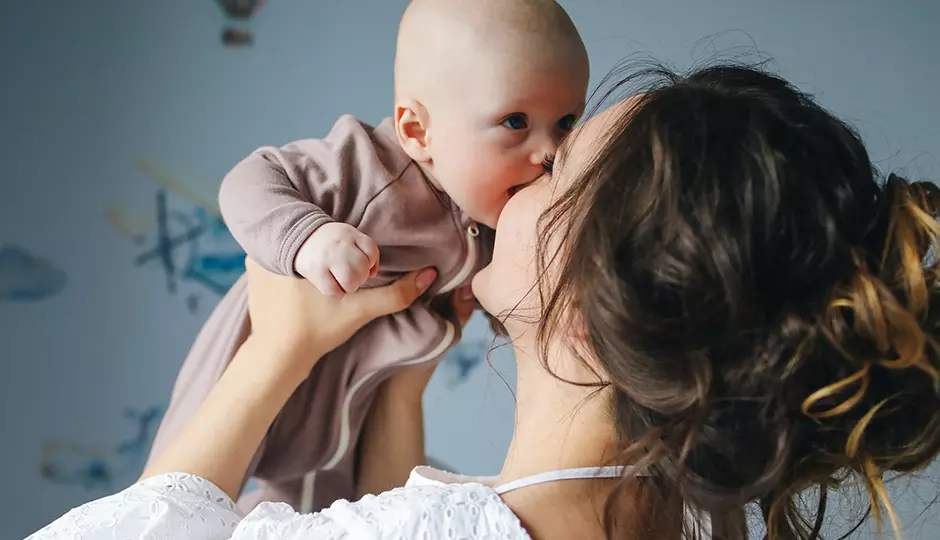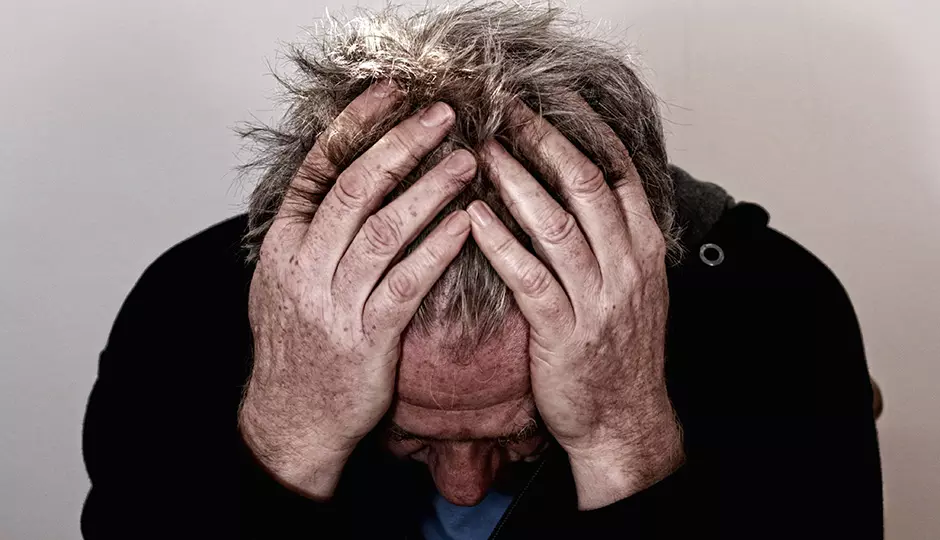Finding loose strands of hair in your brush or the shower drain is normal. However, it can be alarming when you start noticing more loose hair strands. During pregnancy, many women are thrilled with the look and feel of their hair. Unfortunately, after experiencing the joy of childbirth, many women experience the distress caused by thinning hair and hair loss.
What Is Postpartum Hair Loss?
Postpartum hair loss is a condition experienced by many women in the months following childbirth. Often a few months after giving birth, women notice that their hair is becoming thinner, and they are losing it faster than usual. This sudden hair loss may seem even more pronounced after months of enjoying thick healthy hair.
The excessive shedding of hair a few months after you give birth is called postpartum hair loss. Postpartum hair loss is a normal part of pregnancy that typically occurs about three months after childbirth. The condition can last up to six months, but fortunately for most people, the hair loss is temporary, and hair will grow back to its original fullness.
What Causes Postpartum Hair Loss?
While any hair loss is alarming, most women experience postpartum hair loss to some degree. The primary cause of postpartum hair loss is the change in hormone levels after giving birth.
High levels of hormones combined with increased blood flow and circulation create an ideal environment for continuous hair growth when you're pregnant, and hair loss typically decreases. However, while these conditions may make your hair appear healthier and thicker during pregnancy, it doesn't last forever.
Eventually, the baby you've been waiting for will arrive. When they do, the levels of several hormones drop rapidly. While the increased hormones during pregnancy help slow the rate of hair loss, when the levels return to normal, the body responds by causing you to lose hair more rapidly than ever.
How Much Postpartum Hair Loss Is Normal?
On average, people can shed up to 150 strands of hair daily. However, after giving birth and hormone levels drop, new moms can shed up to 400 hairs a day or more, which is a huge difference.
This drastic increase helps to explain why postpartum hair loss is so noticeable and distressing. One day you are pregnant and enjoying the best hair of your life, suddenly, you give birth, and your hair is falling out in clumps whenever you brush it. While the change may be drastic and worrisome, remember that it's normal, and your hair will grow back.
What Can You Do About Postpartum Hair Loss?
While there may not be a way to prevent postpartum hair loss, there are steps you can take to minimize the loss. Ideally, you should continue taking vitamins during the postpartum stage and take steps to reduce your stress. Anything you can do to reduce your stress levels after the baby is born will help limit your hair loss.
In addition, the American Pregnancy Association suggests a few tips to help minimize postpartum hair loss:
- Add plenty of fruits and vegetables to your diet. The nutrients provided by a diet that includes fresh fruit and vegetables can help protect hair follicles and encourage hair growth.
- Skip the tight hairstyles. Pigtails, cornrows, hair weaves, braids, and tight hair rollers can make a dramatic statement, but the stress can damage your hair.
- Since wet hair is easily damaged, be gentle when washing and drying your hair.
- Avoid hot styling tools and use the cool setting when blow-drying your hair.
Postpartum hair loss, while normal, can be an added source of worry and stress on top of caring for a newborn. At New Image Hair Clinic, we understand what you're going through. Our compassionate team of hair experts can help you with your hair loss and provide you with solutions that work for you such as laser hair therapy, wigs, extensions and more. Contact us today and schedule your FREE initial consultation to learn more about postpartum hair loss and what you can do to minimize your hair loss.




